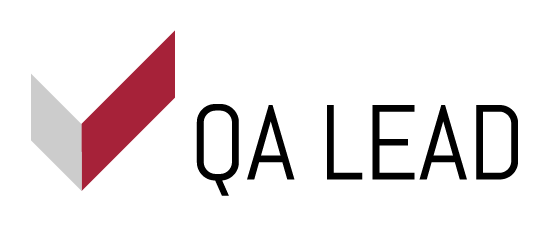Through the project partnerships between University or University colleges and schools were established. Students take reasonability to prepare pupils for the access and working methods within academia. Both sides benefit of this partnership, as students learn to teach and take responsibility and pupils are provided on a very practical level the insight of academia but also in an emotional level might lose the fear of it.
Equity Cases
The project targets the underrepresented groups in society in large which are for several different reasons not able to participate in academia. It aims to facilitate the access for pupils of these groups. The project relies mainly in financial grounds.
The project “Support for students with disabilities” aims to enable disabled students to fully participate and enrol in academic activities. Therefore not only financial aid is
provided but also the smallest details (e.g. payment of gestures or typist hours) to lower the barriers are implemented. Remarkable is that also learning and psychiatric disabilities are taken into account.
Student support in Flemish higher education that provides several means of support including financial support, counselling and other support services. It focuses on students dealing with personal or psychological problems and this way they may appeal to the student services for professional help.
The project is based on the theory “pedagogy of excellence”. It aims to provide all Students with the adequate academic and social environment to successfully enroll in Higher Education. Besides this unique feature being implemented, a network with all local stakeholders was established to guarantee the success of the initiative.
Tū Kahika is an award that supports young Māori students interested in a career in health, into and through the University of Otago’s Foundation Year health sciences course and beyond. Tū Kahika prepares students for further study in health sciences (particularly Health Sciences First Year) by providing wrap-around academic, cultural, pastoral and financial support over the year.
ArbeiterKind.de gives first generation students a strength-focused positive identity in relation to higher education through 70 local groups run by centrally supported volunteers. This involves one to one and group peer learning and counselling.
Intervention in Riga Stradiņš University aimed to ensure the mental health of students by offering counselling in local Psychosomatic Clinic. One of the initiative’s objectives was to challenge the negative perception within student body and society about mental health issues and offered help to prevent it.
The Manchester Access Programme (MAP) is The University of Manchester’s (TUM) social mobility programme for Y12/13 students in Greater Manchester. It is highly targeted at talented post-16 learners from backgrounds currently under-represented in higher education and aims to support them into TUM and other research-intensive universities, thereby contributing to enhanced long-term employment prospects and social mobility.
The Academic Advancement Program (AAP) implemented at the University of California Los Angeles (UCLA) has been evolving for over 40 years. The program improves the academic achievement of historically underrepresented groups which originally targeted particularly African Americans and Latinos but now extends to students from disadvantaged backgrounds of all races. APP is holistic and targets students and staff and covers the curriculum and policy, community engagement, parents, and professional development. In particular it works with 21 community colleges in areas with large underrepresented student groups to improve students preparedness for admission to the university.

